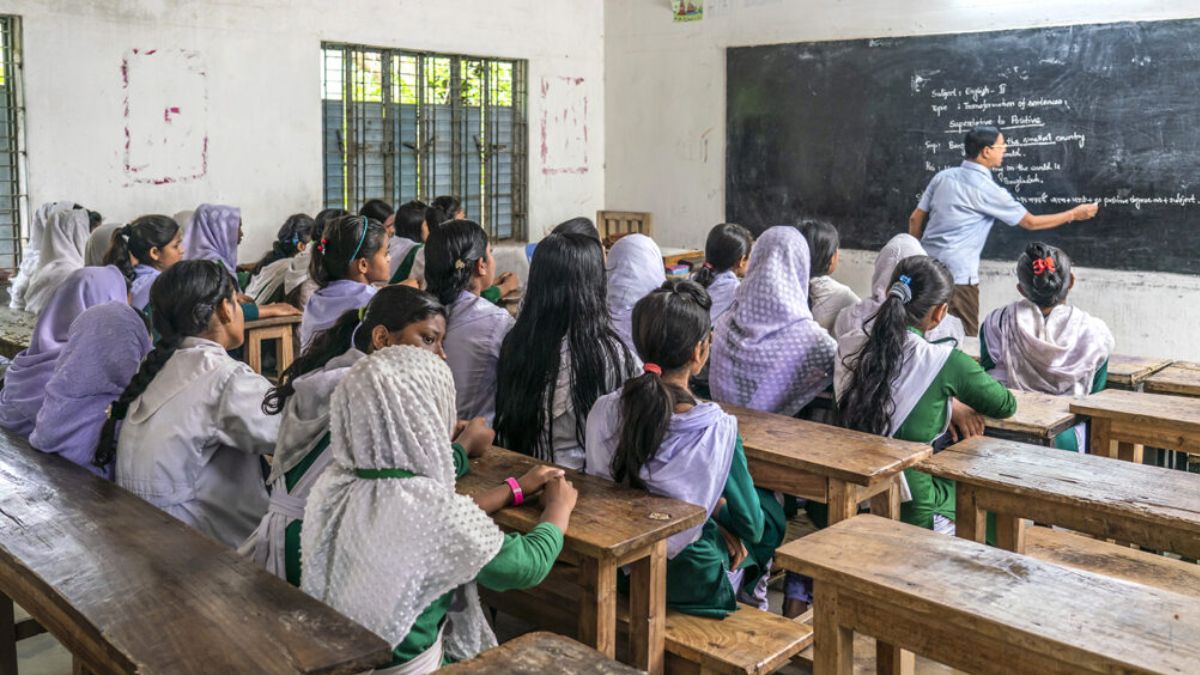UNICEF has issued a formal appeal to the Bangladesh government to reopen schools, emphasizing the urgent need to address the escalating impacts of prolonged closures on students’ mental health and academic progress. The international organization has highlighted that repeated school closures and recent incidents of violence are exacerbating learning losses and adversely affecting the well-being of children across the country.
In a statement, UNICEF underscored that the extended absence from formal education settings has led to significant setbacks in both learning and psychological health. The organization noted that the disruption of educational activities is contributing to increased stress and anxiety among students, which can have long-term implications for their development and academic achievement.
“The continued closure of schools has placed a heavy burden on children, not only in terms of missed educational opportunities but also in terms of their emotional and psychological health,” said a UNICEF spokesperson. The organization emphasized that children are missing out on critical learning experiences and support systems that schools provide, which are essential for their overall development.
UNICEF is actively collaborating with local authorities to mitigate the impact of school closures by implementing catch-up and remedial classes. These initiatives are designed to help students recover lost learning and reintegrate into their educational routine effectively. The organization is also providing additional support to address the mental health needs of children affected by the disruptions.
The appeal comes in the wake of widespread concerns regarding the academic and psychological toll of ongoing educational interruptions. Reports have indicated that students are facing significant challenges in keeping up with their curriculum and managing the stress associated with prolonged uncertainty. The recent violence and instability have further compounded these issues, highlighting the urgent need for a coordinated response to support affected students.
Additionally, UNICEF’s call to action aligns with broader global efforts to emphasize the importance of uninterrupted education during crises. The organization has pointed out that international guidelines stress the critical role of schools in providing stability and continuity for children in times of conflict and disruption. Reopening schools is not only essential for educational recovery but also for reinforcing a sense of normalcy and security for students.

